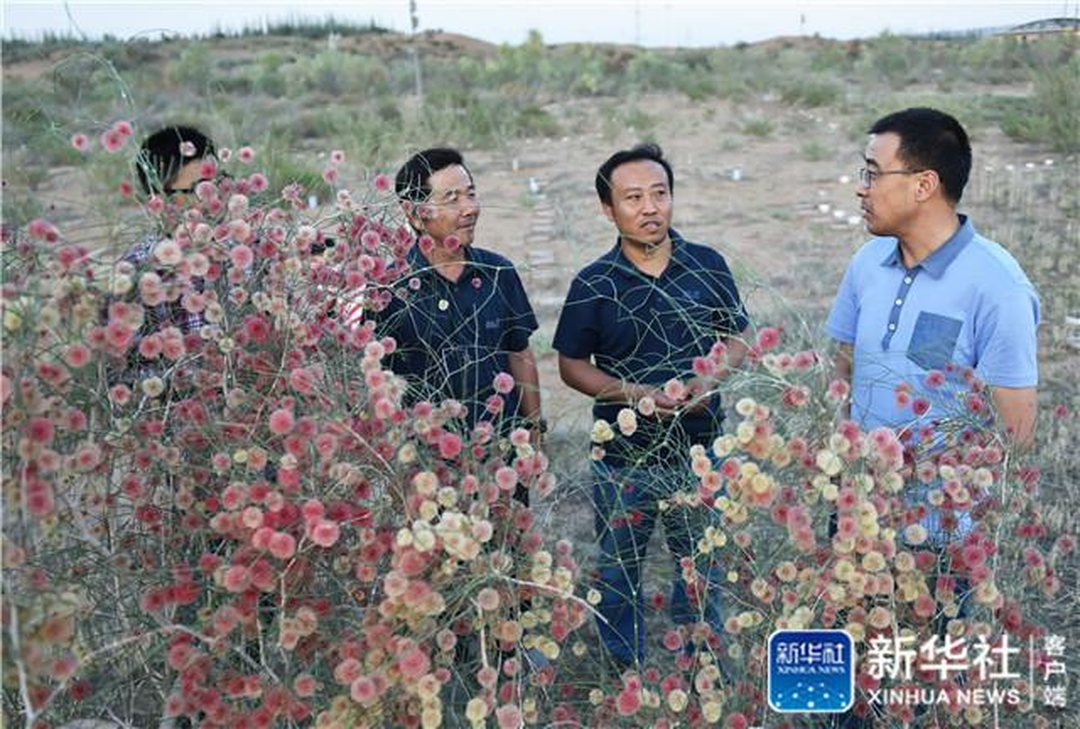1. Core Research Field
Zhang Zhishan has long been deeply engaged in the research of desert ecology and vegetation restoration, focusing on the ecological governance of deserts such as the Kubuqi Desert and the Tengger Desert. He explores the interaction mechanism between vegetation and the environment in arid and semi-arid areas, with particular attention to the drought and salt-alkali tolerance characteristics of psammophytes and the reconstruction of desert ecosystems under artificial intervention.

2. Key Research Achievements
1.Breeding of Psammophytes: Through gene screening and domestication, he has cultivated high-quality varieties such as sea-buckthorn and artemisia desertorum with drought tolerance improved by more than 30%. This solves the problem of low survival rate (less than 40%) of traditional psammophytes, increasing the local vegetation coverage rate in the Kubuqi Desert from 10% to more than 50%.
2.Low-Cost Governance Technology: He developed a composite technology of "straw checkerboard sand fixation + shrub planting". Compared with traditional methods, this technology increases sand fixation efficiency by 50% and reduces costs by 40%. It has been promoted in desert areas such as Inner Mongolia and Gansu, covering an area of over 1,000 square kilometers.
3.Eco-Economic Synergy Model: He proposed an integrated path of "sand area vegetation restoration + characteristic industries". For example, relying on psammophytes to develop Chinese medicinal material planting and biomass energy, which has driven more than 50,000 herdsmen around the Kubuqi Desert to increase their income, verifying the practical feasibility of the concept that "lucid waters and lush mountains are invaluable assets".
3. Core Views
1.Desert governance requires "technology + local wisdom": It is necessary to rely on scientific and technological means such as genetic technology and remote sensing monitoring, while also respecting the sand-fixation experience of local herdsmen (e.g., the improvement of traditional straw checkerboard technology) to avoid technology being divorced from reality.
2.Ecological restoration is a long-term process: It is necessary to avoid the "short-term greening" mindset. Instead, a stable sand area ecosystem (such as the combination of arbors, shrubs and grasses) should be built to realize the transformation of deserts from "governable" to "sustainable development".
4. Practical Significance
His research achievements provide a "replicable and promotable" technical paradigm for desert governance in northern China. At the same time, they offer a "Chinese solution" for ecological restoration in arid regions around the world, and are of great reference value especially in the "coordinated promotion of ecological protection and people's livelihood improvement".
(注:内容来源新华社)








